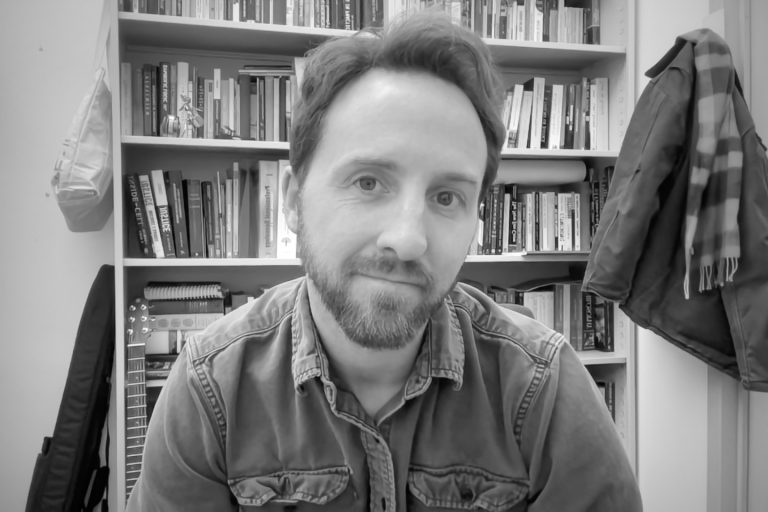Chair
Amy McGuire
Director, Center for Medical Ethics and Health Policy, Baylor College of Medicine
Amy McGuire, J.D., Ph.D., is the Leon Jaworski Professor of Biomedical Ethics and Director of the Center for Medical Ethics and Health Policy at Baylor College of Medicine. She researches ethical and policy issues related to emerging technologies and innovative therapeutics, with a particular focus on genetics and genomics, neuropsychology, and the clinical integration of novel neurological devices.






